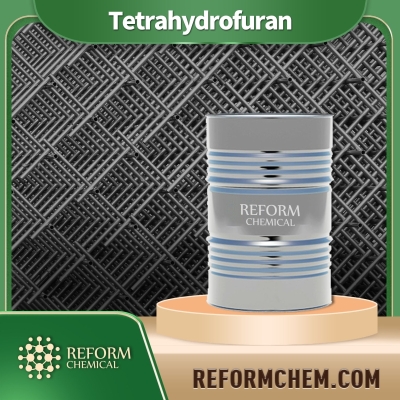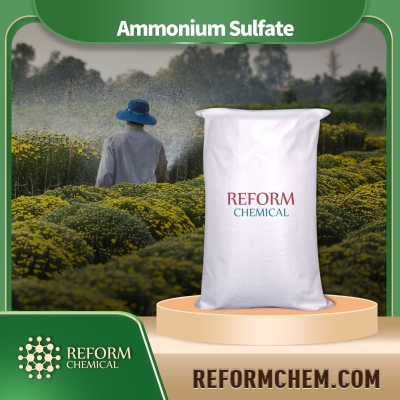-
Categories
-
Pharmaceutical Intermediates
-
Active Pharmaceutical Ingredients
-
Food Additives
- Industrial Coatings
- Agrochemicals
- Dyes and Pigments
- Surfactant
- Flavors and Fragrances
- Chemical Reagents
- Catalyst and Auxiliary
- Natural Products
- Inorganic Chemistry
-
Organic Chemistry
-
Biochemical Engineering
- Analytical Chemistry
-
Cosmetic Ingredient
- Water Treatment Chemical
-
Pharmaceutical Intermediates
Promotion
ECHEMI Mall
Wholesale
Weekly Price
Exhibition
News
-
Trade Service
On June 8, China National Chemical Corporation (hereinafter referred to as "China National Chemical") announced in Beijing that it had completed the delivery of Swiss Syngenta.
The purchase amount reached US$43 billion, making it the largest overseas acquisition by a Chinese company
.
Up to now, ChemChina owns 94.
7% of Syngenta's shares
.
For a long time, six multinational companies such as Swiss Syngenta, Bayer, BASF, DuPont, Monsanto and Dow Chemical have constituted the "six giants" in the global agrochemical industry
.
Since 2014, the global agrochemical industry has continued to be sluggish, and a wave of restructuring has been set off.
DuPont and Dow Chemical have merged, and Bayer has acquired Monsanto
.
ChemChina took this as an opportunity to acquire Syngenta, thus becoming the first echelon of the global agrochemical industry, and the global agrochemical industry structure is undergoing reshaping
.
It is reported that Syngenta is the world's largest pesticide and third-largest seed agrochemical high-tech company, with the world's top original pesticide development and new seed research and development and breeding technologies
.
In 2016, Syngenta's sales revenue was approximately 90 billion yuan, and its net profit was 8.
4 billion yuan
.
Among them, pesticides and seeds accounted for 20% and 8% of the global market share respectively
.
ChemChina is China's largest chemical company.
Since it started international operations in 2006, it has successively acquired 9 industry-leading companies from France, Britain, Germany, Italy, Israel and other countries, and has the world's largest non-patent pesticide business
.
ChemChina and Syngenta have different resources and capabilities, and are highly complementary in various fields of products and markets.
Acquisitions can produce a synergistic effect of "1+1>2"
.
Through the acquisition of Syngenta, ChemChina can obtain advanced agrochemical technology innovation capabilities, fill gaps in the seed business, enhance international brand awareness, and provide support for Syngenta to explore the Chinese market and realize the secondary development of Syngenta's patented products
.
The purchase amount reached US$43 billion, making it the largest overseas acquisition by a Chinese company
.
Up to now, ChemChina owns 94.
7% of Syngenta's shares
.
For a long time, six multinational companies such as Swiss Syngenta, Bayer, BASF, DuPont, Monsanto and Dow Chemical have constituted the "six giants" in the global agrochemical industry
.
Since 2014, the global agrochemical industry has continued to be sluggish, and a wave of restructuring has been set off.
DuPont and Dow Chemical have merged, and Bayer has acquired Monsanto
.
ChemChina took this as an opportunity to acquire Syngenta, thus becoming the first echelon of the global agrochemical industry, and the global agrochemical industry structure is undergoing reshaping
.
It is reported that Syngenta is the world's largest pesticide and third-largest seed agrochemical high-tech company, with the world's top original pesticide development and new seed research and development and breeding technologies
.
In 2016, Syngenta's sales revenue was approximately 90 billion yuan, and its net profit was 8.
4 billion yuan
.
Among them, pesticides and seeds accounted for 20% and 8% of the global market share respectively
.
ChemChina is China's largest chemical company.
Since it started international operations in 2006, it has successively acquired 9 industry-leading companies from France, Britain, Germany, Italy, Israel and other countries, and has the world's largest non-patent pesticide business
.
ChemChina and Syngenta have different resources and capabilities, and are highly complementary in various fields of products and markets.
Acquisitions can produce a synergistic effect of "1+1>2"
.
Through the acquisition of Syngenta, ChemChina can obtain advanced agrochemical technology innovation capabilities, fill gaps in the seed business, enhance international brand awareness, and provide support for Syngenta to explore the Chinese market and realize the secondary development of Syngenta's patented products
.






